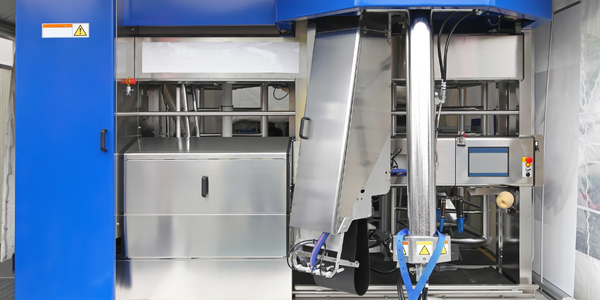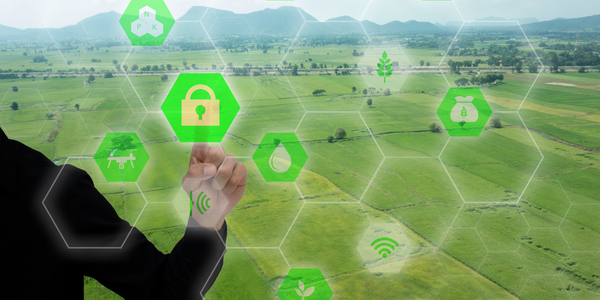
Technology Category
- Platform as a Service (PaaS) - Connectivity Platforms
Applicable Industries
- Agriculture
The Customer
Freight Farms
About The Customer
Freight Farms is a Boston-based agriculture technology company that provides the tools and services to enable fresh food production in any environment. The company grew out of the desire to eliminate the negative effects of food production and distributio
The Challenge
Freight Farms’ goal was to create a connected farming environment that was simple to set-up, highly responsive, easy to scale, and would offer a path to future features and services - from day-to-day operations, to support, to growing optimizations, connecting their farms delivers an even greater experience to their farmers. After internal constraints for the hours of support required to build, integrate and maintain their own IoT solution, Freight Farms began looking at and evaluating IoT partners they could trust.
The Solution
Freight Farms turned to Xively by LogMeIn for its connected product expertise and Xively Internet of Things (IoT) Platform. Security, scalability and expertise were important deciding factors and Freight Farms wanted to work with a company who could take on the entire connectivity stack, had a deployment ready platform with everything they needed, while providing the best guidance and advice from Xively Professional Services. By providing a secure, dependable, fast connection, Xively is allowing the Freight Farms development team to improve on other areas of the farm and overall business.
Operational Impact

Case Study missing?
Start adding your own!
Register with your work email and create a new case study profile for your business.
Related Case Studies.
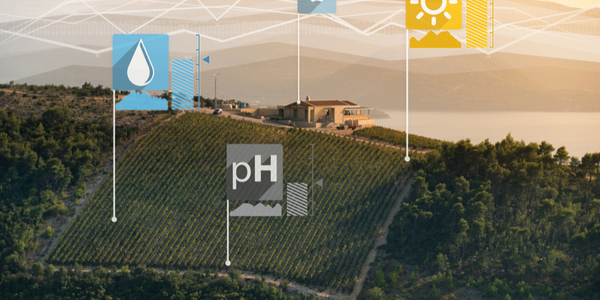
Case Study
Intelligent Farming with ThingWorx Analytics
Z Farms was facing three challenges: costly irrigation systems with water as a limited resource, narrow optimal ranges of soil moisture for growth with difficult maintenance and farm operators could not simply turn on irrigation systems like a faucet.
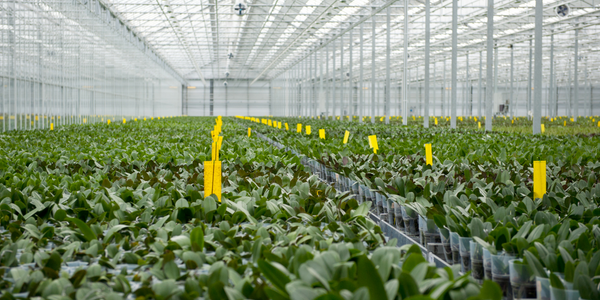
Case Study
Greenhouse Intelligent Monitoring and Control Solution
Farming Orchids is the most successful form of precision farming in Taiwan, and also the most exported flower. Orchids need a specific temperature and humidity conditions to grow and bloom, and its flowering time may not be in line with market demands, so the price collapses when there is overproduction. Therefore, some farmers began to import automated greenhouse control systems for breeding and forcing, which not only improves quality, but also effectively controls the production period and yield to ensure revenue. In 2012, an orchid farmer built a Forcing Greenhouse of about 200 pings (approximately 661 Square Meters) in Tainan, Taiwan. The system integrator adopted Advantech’s APAX-5000 series programmable automation controllers to build the control platform, coupled with Advantech WebAccess HMI/SCADA software, to achieve cloud monitoring. The staff of the orchid field can monitor important data anytime via smart phone, iPad, and other handheld devices, and control the growth and flowering conditions. System requirements: In the past, most environmental control systems of orchid greenhouses in Taiwan used PLCs (Programmable Logic Controller) with poorscalability and control, and could not be connected to the Internet formonitoring from the cloud. For advanced database analysis and networking capability, the PC platform must be adopted. Therefore, PAC Systems (Programmable Automation Controller) with both PLC programming capabilities andPC functions is a better choice.The environmental control of the Orchid greenhouse switches on and off devices like fan, shade net, cooling/heat pump, liquid flow control, water-cooling wall etc. It is controlled by a control panel of electric controllers, and is driven by a motor, to adjust the greenhouse temperature, humidity, and other environmental conditions to the set parameters.
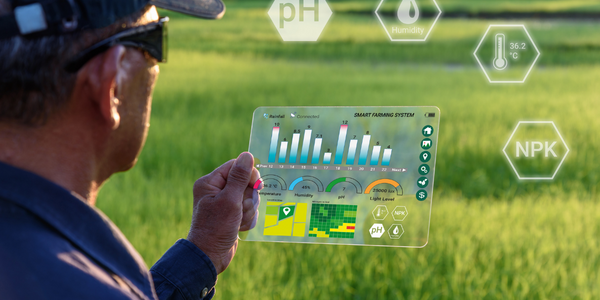
Case Study
Enabling Internet of Things Innovation in Agriculture
DigiBale, wanted to apply technology know-how and IP from implementations successfully to more agriculture sectors including cotton, forestry, sugarcane and cattle. However, farmers and growers still have worries about the connected technology.
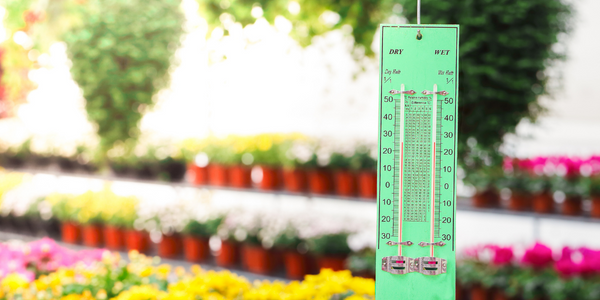
Case Study
Precision beekeeping with wireless temperature monitoring
Honeybees are insects of large economic value and provide a vital service to agriculture by pollinating a variety of crops. In addition, bees provide us with valuable products such as honey, beeswax, propolis, bee venom, etc. Monitoring of honeybee colony health, population, productivity, and environmental conditions affecting the colony health have always been exceedingly difficult tasks in apiculture. Research has shown that even small deviations (by more than 2°C) from the optimal temperatures have a significant influence on the development of the brood and the health of adult bees.




